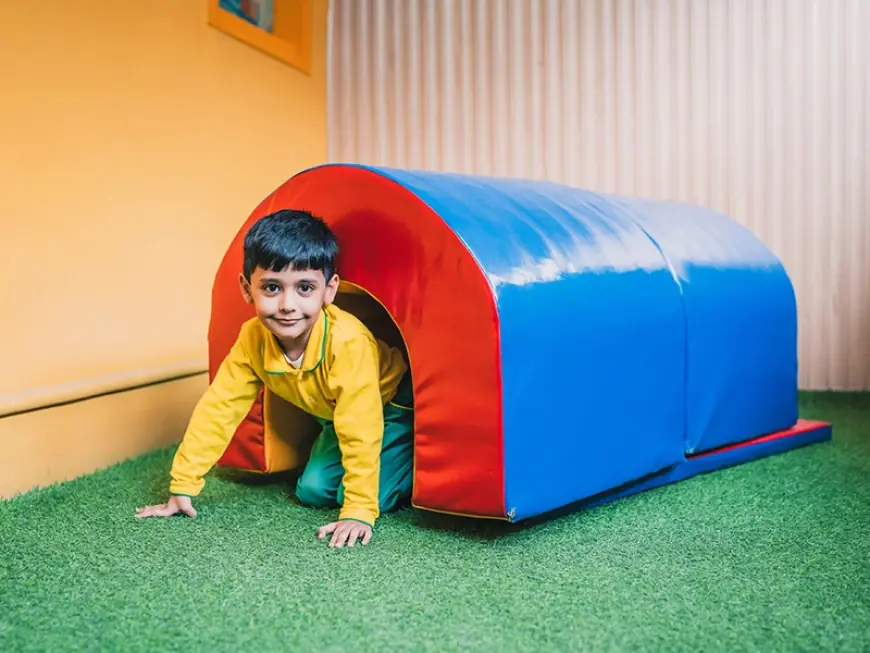The Science of Storytelling: Why Narratives Matter in Early Childhood

Storytelling is one of the oldest forms of communication, and its value in early childhood education is immeasurable. Long before children can read or write, they are captivated by stories—whether told through words, pictures, or play. Science has shown that storytelling is more than entertainment; it is a powerful tool for brain development, emotional growth, and language skills. For preschools, integrating storytelling into daily routines is not just an activity but an essential part of nurturing well-rounded learners.
From a neurological perspective, stories activate multiple areas of the brain at once. When children hear a narrative, their brains light up in regions responsible for language, imagination, and emotion. This multisensory engagement helps them retain information more effectively than when they receive isolated facts. A story about a lion, for example, can teach vocabulary, sequencing, and moral lessons in one simple narrative. By connecting ideas through characters and plots, children build cognitive frameworks that prepare them for more complex learning in later years.
The Best Preschool Franchise in Delhi leverages the science of storytelling by weaving narratives into daily lessons. Teachers use stories not just to teach language but also to introduce concepts in math, science, and social behavior. A story about sharing toys, for instance, helps children understand empathy and cooperation, while a tale involving numbers can reinforce counting and problem-solving skills. This approach ensures that learning is meaningful and memorable.
Similarly, the Best Preschool Franchise in Mumbai integrates storytelling into a broader creative curriculum. Storytime often includes puppetry, role-play, or visual aids, giving children opportunities to act out narratives. This interactive element strengthens confidence, improves communication, and allows children to express emotions in safe and imaginative ways. Parents often find that children retell these stories at home, reinforcing the lessons beyond the classroom.
Emotional development is another critical benefit of storytelling. Narratives provide children with a safe way to explore complex feelings like fear, anger, or joy. By relating to characters, children learn to name emotions, understand perspectives, and develop empathy. For preschoolers who may struggle to express their thoughts verbally, stories become a bridge between their inner world and the outside environment.
Storytelling also strengthens cultural understanding and identity. Traditional tales, folk stories, and regional narratives expose children to diverse values and traditions, fostering respect for differences and pride in heritage. Both Delhi and Mumbai franchises emphasize local and global storytelling traditions, ensuring children are connected to their roots while developing an appreciation for other cultures.
Parents can extend the impact of storytelling at home by creating a routine around reading or inventing simple family stories. Asking open-ended questions like, “What do you think happens next?” encourages imagination and critical thinking. When schools and families work together to nurture storytelling, children not only gain academic skills but also build a lifelong love for learning.
In conclusion, storytelling is more than a preschool pastime—it is a scientific, emotional, and cultural cornerstone of early education. Schools that embrace this practice create confident, empathetic, and curious learners. Parents seeking holistic education will find that the Best Preschool Franchise in Delhi and the Best Preschool Franchise in Mumbai excel at using storytelling as a foundation for lifelong growth and discovery.
What's Your Reaction?
 Like
0
Like
0
 Dislike
0
Dislike
0
 Love
0
Love
0
 Funny
0
Funny
0
 Angry
0
Angry
0
 Sad
0
Sad
0
 Wow
0
Wow
0















































